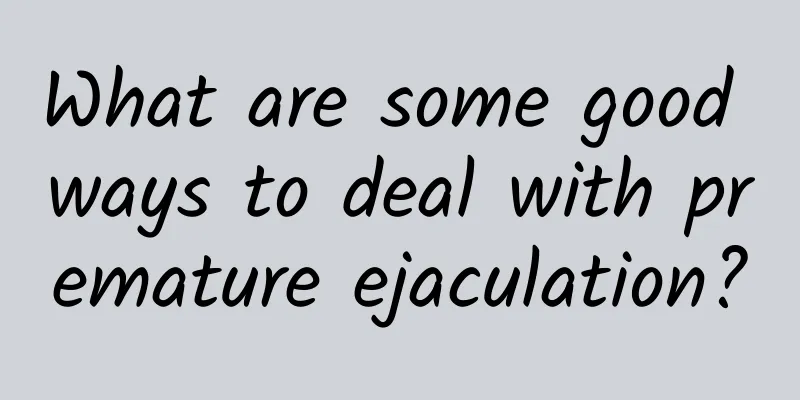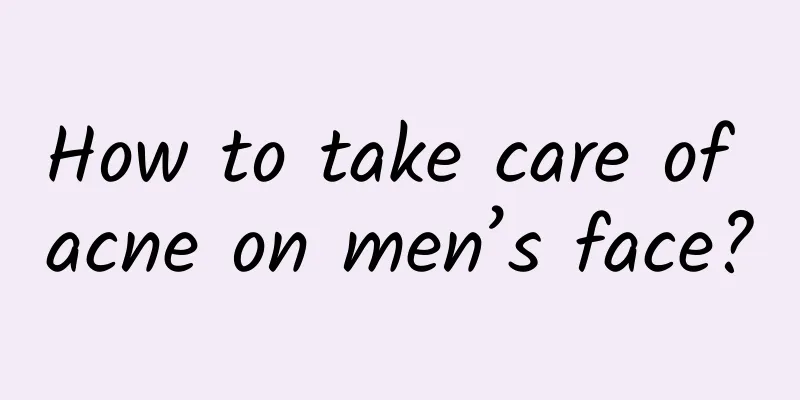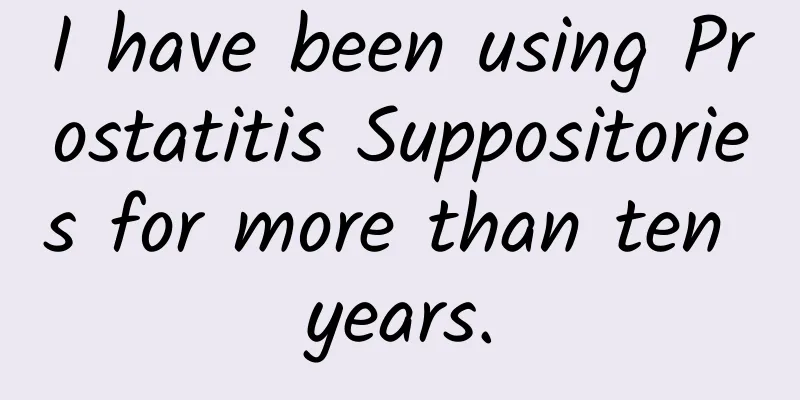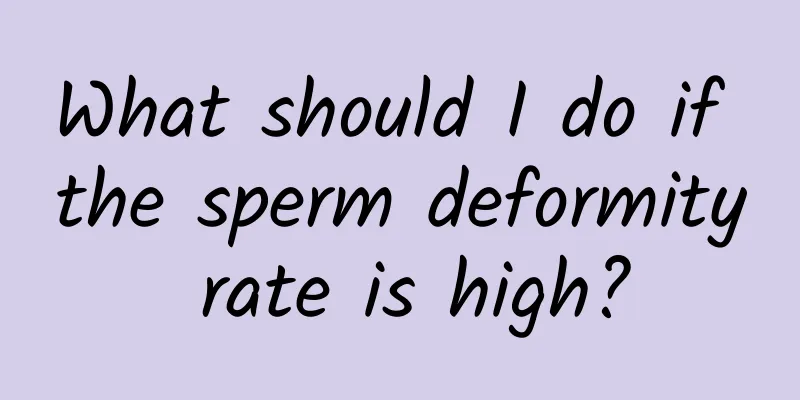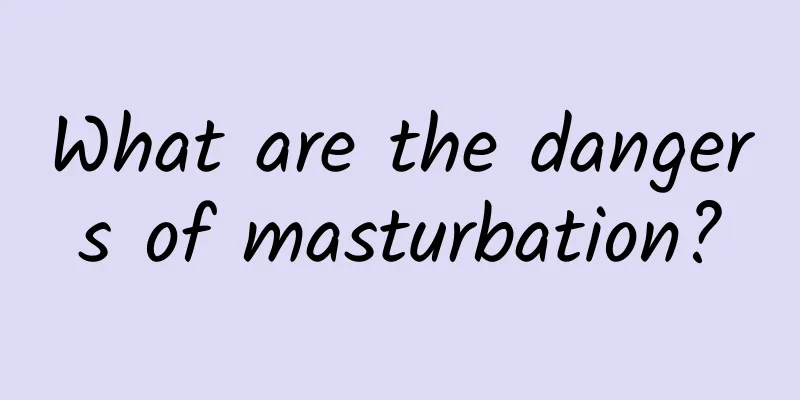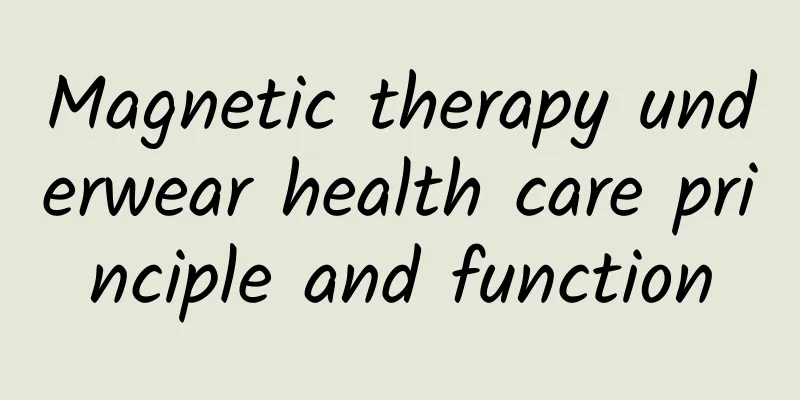Thyroiditis treatment guide, teach you how to classify and treat
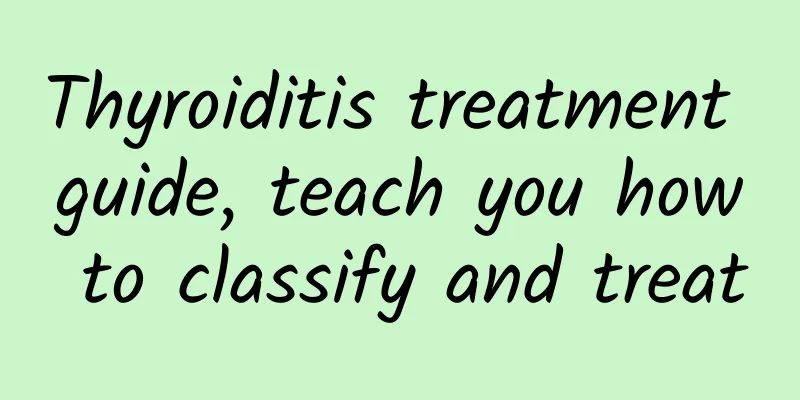
|
Thyroiditis is a relatively serious type of disease clinically. When treating it, patients often pay special attention to the guidelines for treating thyroiditis. The following article will introduce them to you. 1. Static lymphocytic thyroiditis Transient disease, lasting only a few months; the hyperthyroidism phase should be treated conservatively, usually only with beta-blockers. Antithyroid drugs, surgery, and radiation therapy are contraindications. Short-term hypothyroidism may require thyroid hormone replacement therapy. Although some cases of permanent hypothyroidism, most thyroid function returns to normal, so thyroid function should be reassessed after 6 to 12 months. 2. Subacute thyroiditis For more severe and delayed cases, corticosteroids are recommended, and all symptoms disappear within 24 to 48 hours. When the thyroid gland's radioactive iodine uptake returns to normal, treatment is terminated. 3. Acute thyroiditis Cold compress is suitable for local treatment in the early stage, hot compress is suitable for late stage, and antibiotics are given to the whole body. In case of abscess, incision and drainage should be performed early to prevent abscess from rupturing into the trachea, esophagus, and diaphragm. Treatment includes antibiotics and local incision and drainage. It is best to culture the puncture fluid and blood, and do drug sensitivity tests, and then choose sensitive antibiotics, so that the bacteria can be eliminated more effectively. Thyroid inflammation will form abscesses after a few days, so incision and drainage of thyroid abscesses must be performed to effectively remove pus and control local inflammation as soon as possible. Because of obvious neck pain, some analgesics can be used. 4. Hashimoto's thyroiditis Patients with mild thyroid enlargement and no symptoms may not be treated and should be observed during follow-up visits. When the thyroid is significantly enlarged or there is hypothyroidism, even if only serum TSH is elevated, thyroid preparations should be given for treatment. Patients with rapid thyroid enlargement, pain, or compression symptoms can be treated with short-term glucocorticoids. Hashimoto's hyperthyroidism should be treated with small doses of antithyroid drugs, and generally do not use 131 iodine and surgery to avoid causing severe hypothyroidism. |
<<: What causes thyroiditis? What are the clinical manifestations?
>>: What are the steps of thyroidectomy and how effective is the surgery?
Recommend
How long does circumcision surgery usually take?
Circumcision generally takes 20 minutes to comple...
Eight bad emotions that harm men's health
Who says emotions are only a problem for women? M...
How much does it cost to treat prostatitis in men?
In life, many male patients with prostatitis pay ...
Pictures of blisters on the penis
Most people suspect that they have a serious geni...
What happens if there are white spots on male genitals?
White spots can appear on various parts of the hu...
Is it normal to go soft right after ejaculation?
During sexual intercourse, women may have several...
It's hard for a while and then becomes soft. Why?
We all know that the male penis is a symbol of ma...
What to do if you have morning erections after circumcision surgery
For men, prepuce is a key male reproductive organ...
Why is the male urethra a little red?
Many male friends may be confused that the urethr...
Why is the urine of middle-aged men yellow and turbid?
In life, there are many middle-aged men. As peopl...
Solutions to Asphyxiation
Many male friends have experienced asphyxiating s...
What causes male genitals to become wet?
Gynecological problems are one of women's nig...
What's wrong with ejaculating at night?
Many men have experienced ejaculation at night. T...
Do you have a headache when you urinate at night?
Under normal circumstances, men will not have an ...
Men's Diseases
With the increasing pressure of competition in to...


